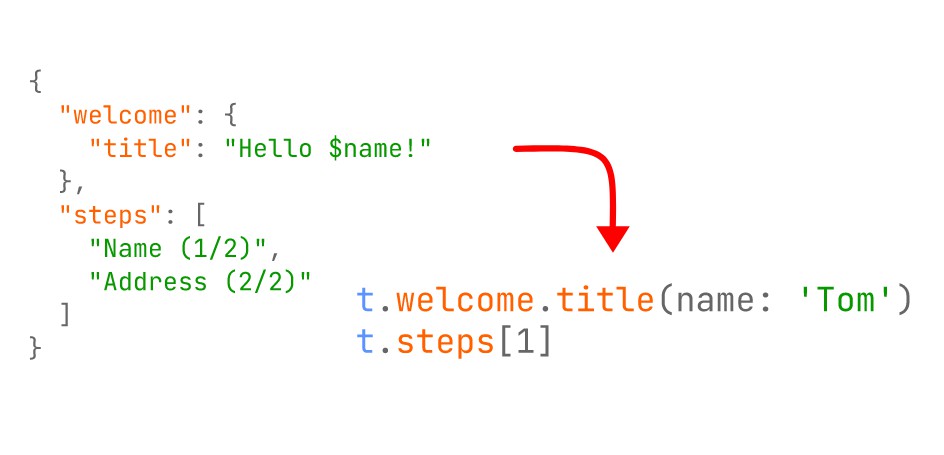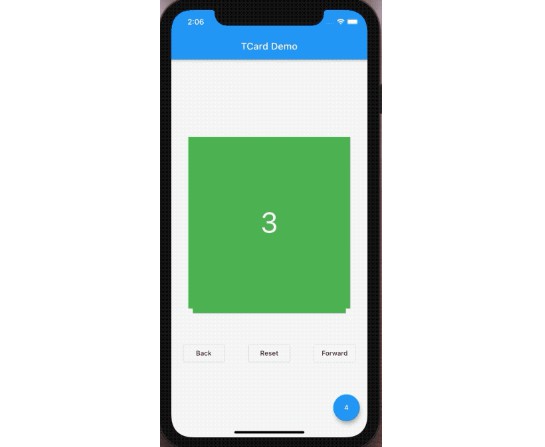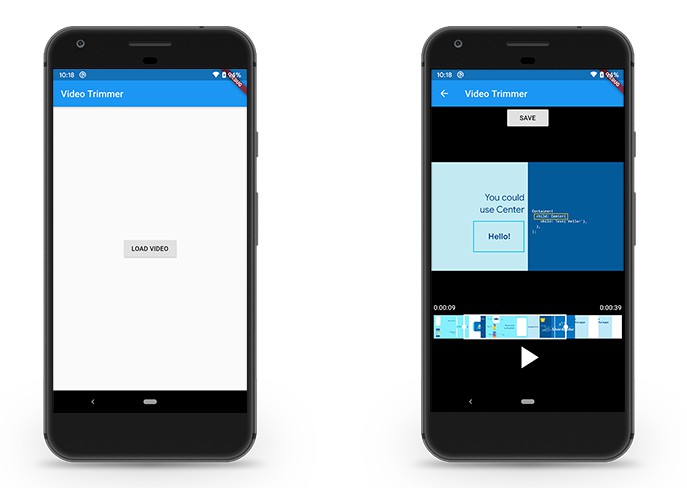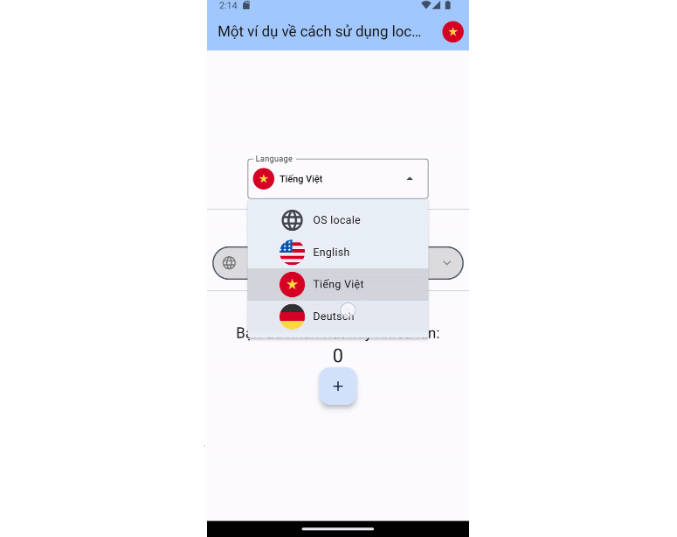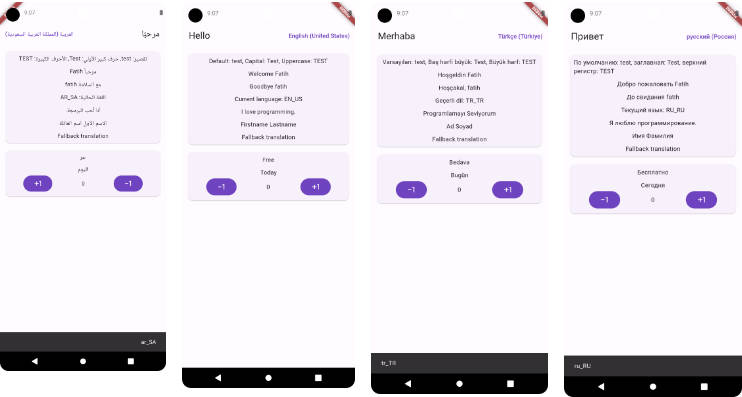fast_i18n
Lightweight i18n solution. Use JSON files to create typesafe translations.
Getting Started
Step 1: Add dependencies
Step 2: Create JSON files
Create these files inside your lib directory. Preferably in one common package like lib/i18n.
Only files having the .i18n.json file extension will be detected. You can configure it.
strings.i18n.json (default, fallback)
strings_de.i18n.json
Step 3: Generate the dart code
flutter pub run build_runner build
Step 4: Initialize
a) use device locale
b) use specific locale
Step 4a: Override 'supportedLocales'
This is optional but recommended.
Standard flutter controls (e.g. back button's tooltip) will also pick the right locale.
Step 4b: iOS configuration
File: ios/Runner/Info.plist
<key>CFBundleLocalizations</key>
<array>
<string>en</string>
<string>de</string>
</array>
Step 5: Use your translations
API
When the dart code has been generated, you will see some useful classes and functions
t - the translate variable for simple translations
Translations.of(context) - translations which reacts to locale changes
TranslationProvider - App wrapper, used for Translations.of(context)
LocaleSettings.useDeviceLocale() - use the locale of the device
LocaleSettings.setLocale('de') - change the locale
LocaleSettings.setLocaleTyped(AppLocale.en) - change the locale (typed version)
LocaleSettings.currentLocale - get the current locale
LocaleSettings.currentLocaleTyped - get the current locale (typed version)
LocaleSettings.locales - get the supported locales
LocaleSettings.supportedLocales - see step 4a
Configuration
All settings can be set in the build.yaml file. Place it in the root directory.
| Key | Type | Usage | Default |
|---|---|---|---|
| base_locale | String |
locale of default json | en |
| input_directory | String |
path to input directory | null |
| input_file_pattern | String |
input file pattern | .i18n.json |
| output_directory | String |
path to output directory | null |
| output_file_pattern | String |
output file pattern | .g.dart |
| translate_var | String |
translate variable name | t |
| enum_name | String |
enum name | AppLocale |
| key_case | camel, pascal, snake |
transform keys (optional) | null |
| maps | List<String> |
entries which should be accessed via keys | [] |
FAQ
How do I add arguments?
Use the $ prefix.
In edge cases you can also wrap it with ${...}.
How can I access translations using maps?
Define the maps in your build.yaml.
Keep in mind that all nice features like autocompletion are gone.
strings.i18n.json
build.yaml
Now you can access the translations via keys:
Can I use lists?
Lists are fully supported. You can also put lists or maps inside lists!
